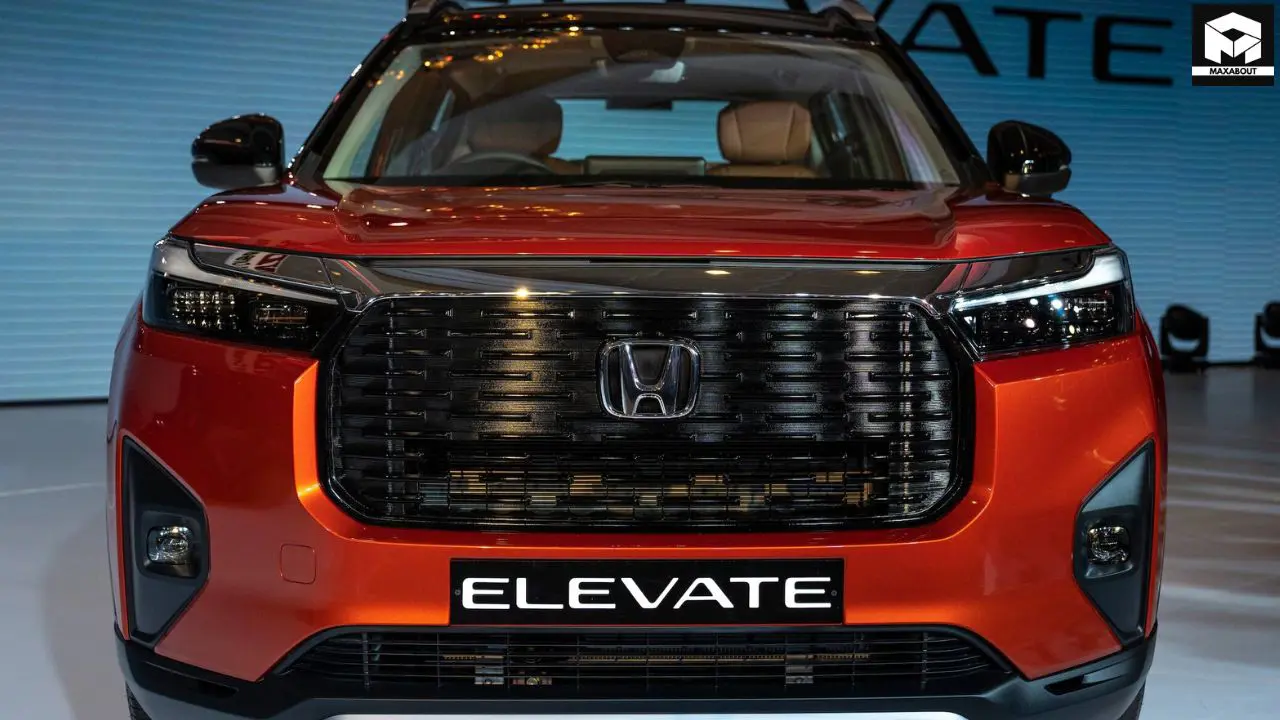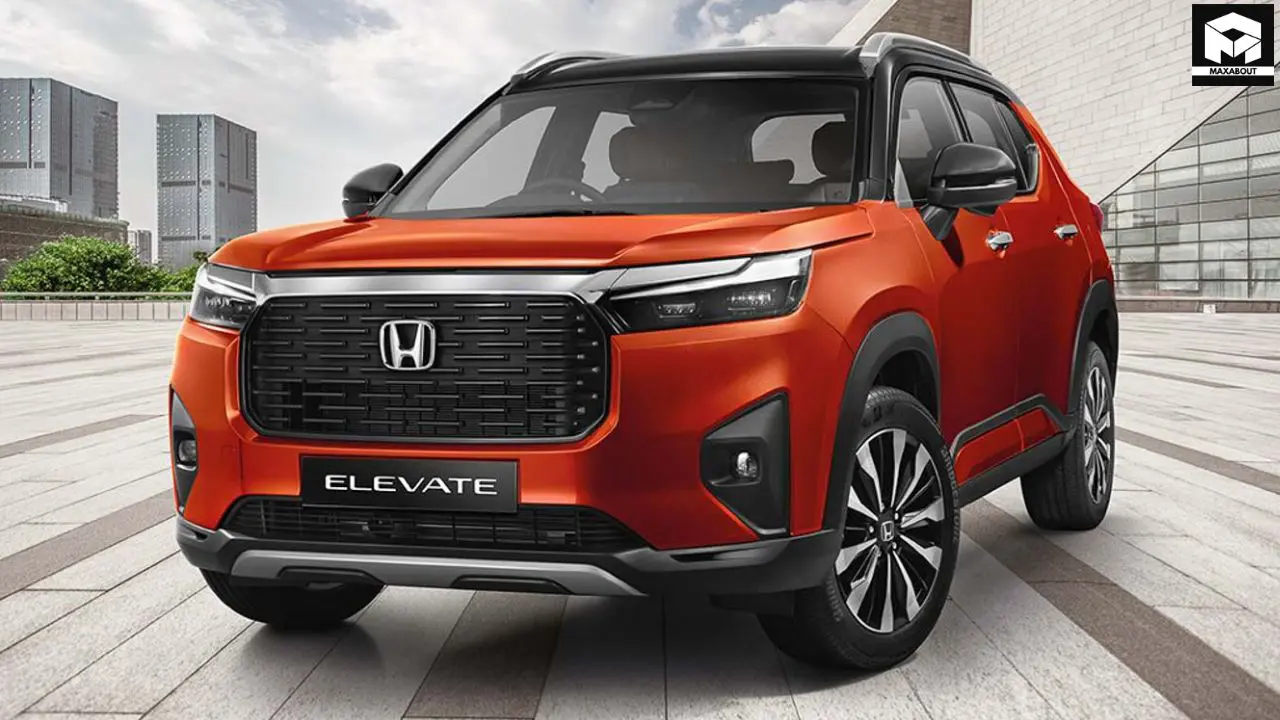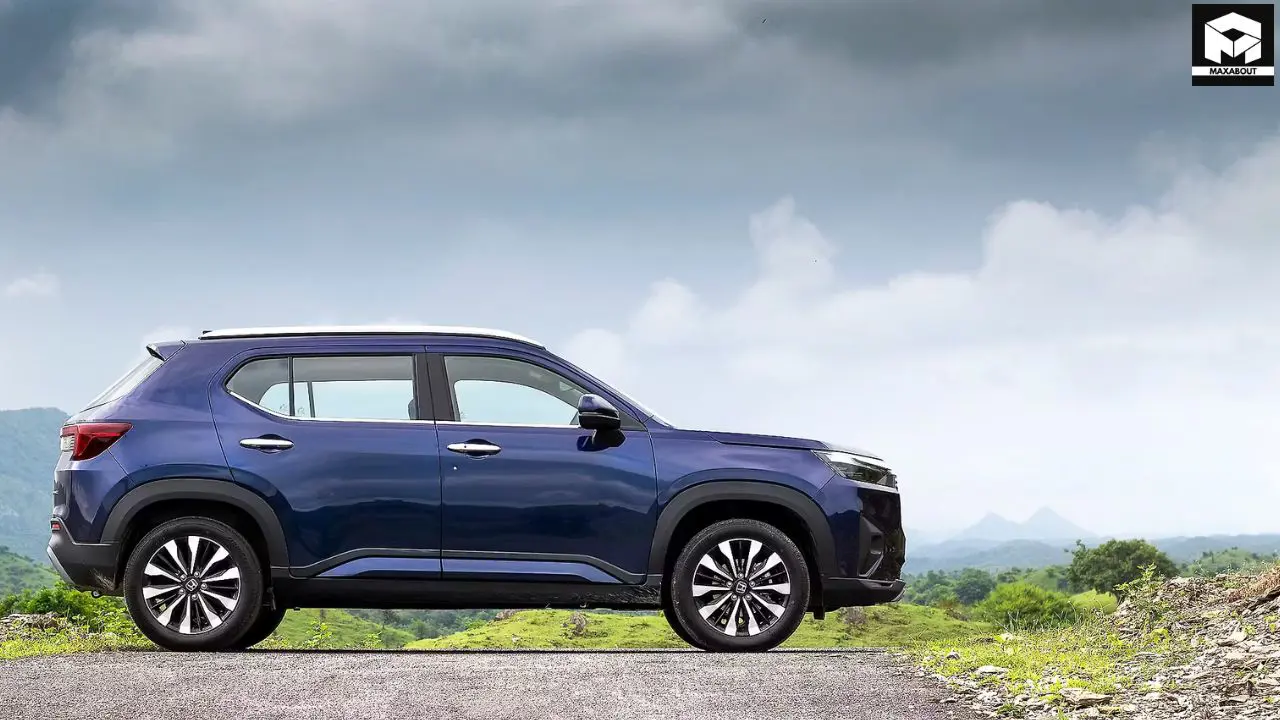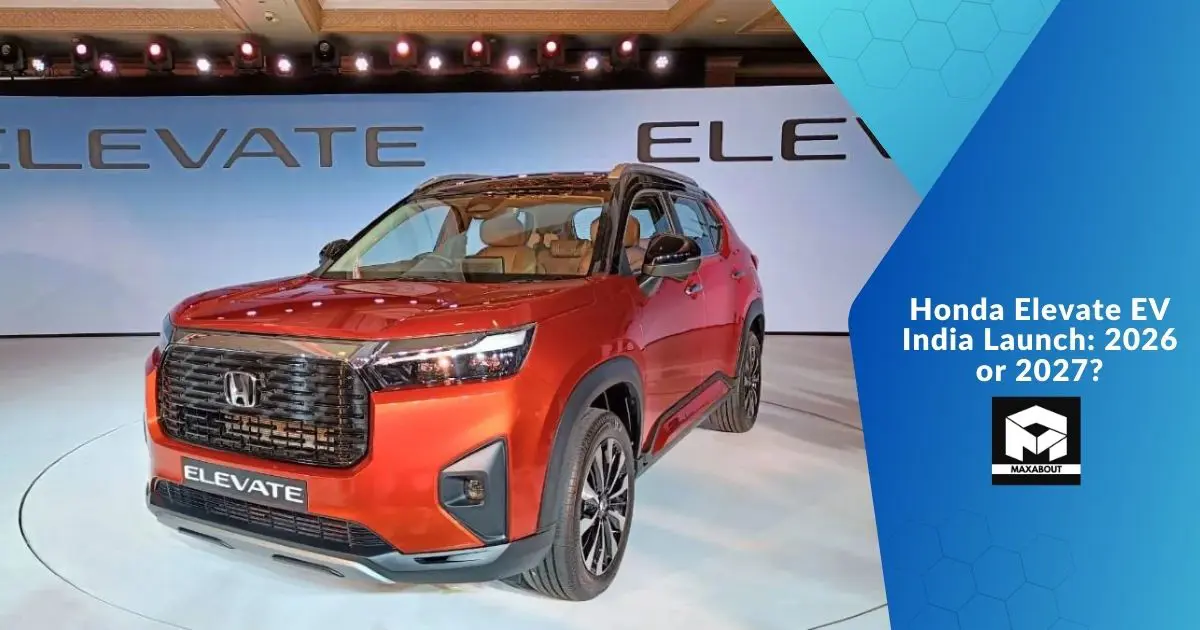Honda's Electric Vision: EV Launch Planned for India by 2026-2027

Honda is making significant strides toward electrification in India, with reports indicating the Japanese automaker plans to launch its first electric vehicle in the country between 2026 and 2027. This development comes as no surprise to those following the automotive industry's shift toward sustainable mobility solutions.
As someone who closely monitors automotive trends, I've observed Honda taking a cautious but calculated approach to the Indian EV market. While competitors like Tata Motors and Mahindra have already established their electric offerings, Honda appears to be developing a comprehensive strategy before diving in.
According to industry sources, Honda's first electric car for India could be based on the recently launched Elevate SUV platform. This strategic decision would allow Honda to leverage an already successful vehicle architecture while transitioning to the electric powertrain technology that's rapidly gaining momentum across the global automotive landscape.
Why Is Honda Entering the Indian EV Market Now?
The timing of Honda's EV plans aligns with several important market factors that make this move particularly significant:
- The Indian government continues to push for electric mobility through incentives and policies like FAME II
- Consumer awareness and acceptance of EVs have grown substantially in recent years
- Charging infrastructure is expanding across major cities and highways
- Battery technology advancements are improving range and reducing costs
- Competition in the EV space is intensifying with both domestic and international players
Based on market research and industry reports, it's clear that Honda isn't simply following trends but responding to the evolving automotive landscape in India. The company's global electrification strategy, known as "Honda e:Technology," provides a framework for its electric ambitions across markets.
The Potential Honda Elevate EV: What We Know So Far

While Honda hasn't officially confirmed that the Elevate will be the base for its first Indian EV, multiple reports and industry analyses point in this direction. The Elevate SUV, which was recently introduced in the Indian market with conventional powertrains, offers a versatile platform that could be adapted for electric propulsion.
If the speculation holds true, here's what we might expect from the electric version based on current industry standards and Honda's technology capabilities:
Potential Specifications (Based on Industry Trends)
- Battery Capacity: Likely between 40-60 kWh, depending on the target range
- Estimated Range: 350-450 km on a single charge (ARAI certified)
- Charging Capabilities: Both standard AC charging and DC fast charging options
- Power Output: Approximately 130-150 kW (175-200 hp)
- Drive Configuration: Most likely front-wheel drive with possible AWD variant
It's worth noting that these specifications are projections based on current EV market standards and Honda's existing technology portfolio. The actual specifications could vary significantly as technology evolves over the next few years before launch.
Honda's Global EV Strategy and How India Fits In
Honda has publicly committed to a carbon neutrality goal by 2050, with electric vehicles playing a central role in this vision. The company plans to introduce 30 EV models globally by 2030, aiming for a production volume of more than 2 million units annually.
Based on public statements from Honda executives, we can see that the Indian market is becoming increasingly important in this global strategy. India's position as one of the world's largest automotive markets, combined with its growing emphasis on clean mobility, makes it a crucial battleground for EV adoption.
In markets like Europe and China, Honda has already introduced electric models such as the Honda e and the e:NS1/e:NP1 (in China). These vehicles provide some insight into Honda's approach to EV development, though the Indian model is expected to be specifically tailored to local conditions and requirements.
Challenges and Opportunities for Honda's EV Journey in India
Entering the Indian EV market presents both significant challenges and promising opportunities for Honda. Based on market analysis and industry patterns, here are the key factors that will influence Honda's electric journey:
Challenges Honda Must Overcome
- Price Sensitivity: Indian consumers are typically very price-conscious, making the higher initial cost of EVs a potential barrier
- Charging Infrastructure: Despite improvements, charging networks remain less developed compared to established EV markets
- Range Anxiety: Many potential customers still worry about running out of battery power during longer journeys
- Competition: Established players like Tata Motors have already gained significant market share in the EV segment
- Battery Supply Chain: Securing reliable and cost-effective battery supply remains challenging for all manufacturers
Opportunities for Honda to Leverage
- Brand Reputation: Honda enjoys strong brand equity in India, known for reliability and quality
- Existing Dealer Network: An established sales and service network can facilitate smoother EV adoption
- Global R&D Capabilities: Honda can draw on its worldwide research and development expertise
- Growing Market: India's EV market is projected to grow at a CAGR of over 40% in the coming years
- Potential Government Incentives: Continued policy support could make EV manufacturing more viable
When analyzing Honda's approach, it appears the company is taking time to develop a well-rounded strategy rather than rushing to market. This methodical approach aligns with Honda's traditional business philosophy of thorough development and testing before product launches.
What Does This Mean for Indian Consumers?
For potential EV buyers in India, Honda's entry into the electric vehicle segment by 2026-2027 offers several important implications:
More High-Quality Options
Honda's reputation for reliability and quality engineering could translate into EVs that offer dependable performance and durability. This would address one of the concerns some consumers have about transitioning to electric technology.
Potential Price Positioning
Based on Honda's current market positioning in India, we can anticipate that their electric offerings would likely target the premium mid-segment. While exact pricing is impossible to predict this far in advance, industry analysts suggest a range between ₹15-25 lakhs, depending on battery size and features.
Increased Competition Benefits Consumers
Honda's entry will further intensify competition in the Indian EV market, potentially driving improvements in technology, features, and pricing across all manufacturers. As companies compete for market share, consumers typically benefit from better products and value propositions.
The expected entry of established manufacturers like Honda into the EV space signals the mainstreaming of electric mobility in India. This transition from early adopters to mainstream consumers is a critical inflection point in the EV adoption curve.
Honda's Potential EV Manufacturing Plans for India
An important aspect of Honda's EV strategy will be its manufacturing approach. Based on industry patterns and Honda's existing investments, there are several possibilities:
- Local Manufacturing: Honda could leverage its existing manufacturing facilities in Greater Noida and Tapukara for EV production
- Partial Assembly: Import key components like battery packs while assembling the vehicles locally
- Strategic Partnerships: Collaborate with battery manufacturers or other technology providers
- Export Hub Potential: Position India as a manufacturing base for exporting EVs to other markets with similar requirements
Local manufacturing would align with the government's Make in India initiative and potentially allow Honda to qualify for production-linked incentives. This approach would also help control costs in a price-sensitive market.
Comparing Honda's Approach with Competitors
To put Honda's EV timeline in perspective, it's helpful to compare it with other manufacturers operating in the Indian market:
| Manufacturer | Current EV Offerings | Future EV Plans |
|---|---|---|
| Tata Motors | Nexon EV, Tigor EV, Tiago EV | Multiple new models planned by 2025 |
| Mahindra | XUV400 | Five new electric SUVs by 2027 |
| Hyundai | Kona Electric | Six new EVs by 2028 |
| MG | ZS EV, Comet EV | Multiple affordable EVs planned |
| Honda | None currently | First EV expected by 2026-2027 |
While Honda appears to be entering later than some competitors, the company's global resources and technology expertise could allow it to introduce competitive products despite the timing difference.
The Road Ahead: What to Expect Before Honda's EV Launch

Between now and the projected 2026-2027 launch window, we can expect Honda to take several steps toward its EV goals in India:
- Technology Demonstrations: Showcasing EV concepts at auto expos and events
- Infrastructure Partnerships: Potentially collaborating with charging network providers
- Pilot Programs: Limited testing of electric vehicles in controlled environments
- Hybrid Introductions: Possibly launching hybrid vehicles as a bridge technology
- Dealer Preparation: Training service centers and sales staff for the EV transition
These preparatory steps would help Honda build momentum and awareness before the actual EV launch. They would also provide valuable insights into the Indian market's specific requirements for electric vehicles.
Conclusion: Honda's Electric Future in India
Honda's planned entry into India's electric vehicle market by 2026-2027 represents a significant milestone in the country's automotive evolution. While the company may not be among the first movers in this space, its methodical approach and global resources suggest it aims to enter with well-developed products rather than rushing to market.
The potential adaptation of the Elevate platform for electric propulsion offers a glimpse into Honda's practical strategy—building on familiar, successful foundations while embracing new technology. For consumers, this means the promise of Honda's renowned quality and reliability in an electric format.
As India's automotive landscape continues its electric transformation, Honda's entry will likely catalyze further growth and innovation across the industry. The next few years will be crucial as the company develops and refines its electric strategy for one of the world's most important automotive markets.
For those considering an EV purchase in the coming years, Honda's plans add another compelling option to the growing lineup of electric choices in India. While the wait extends to 2026-2027, the resulting vehicles may well justify the patience for fans of the brand and newcomers alike.

